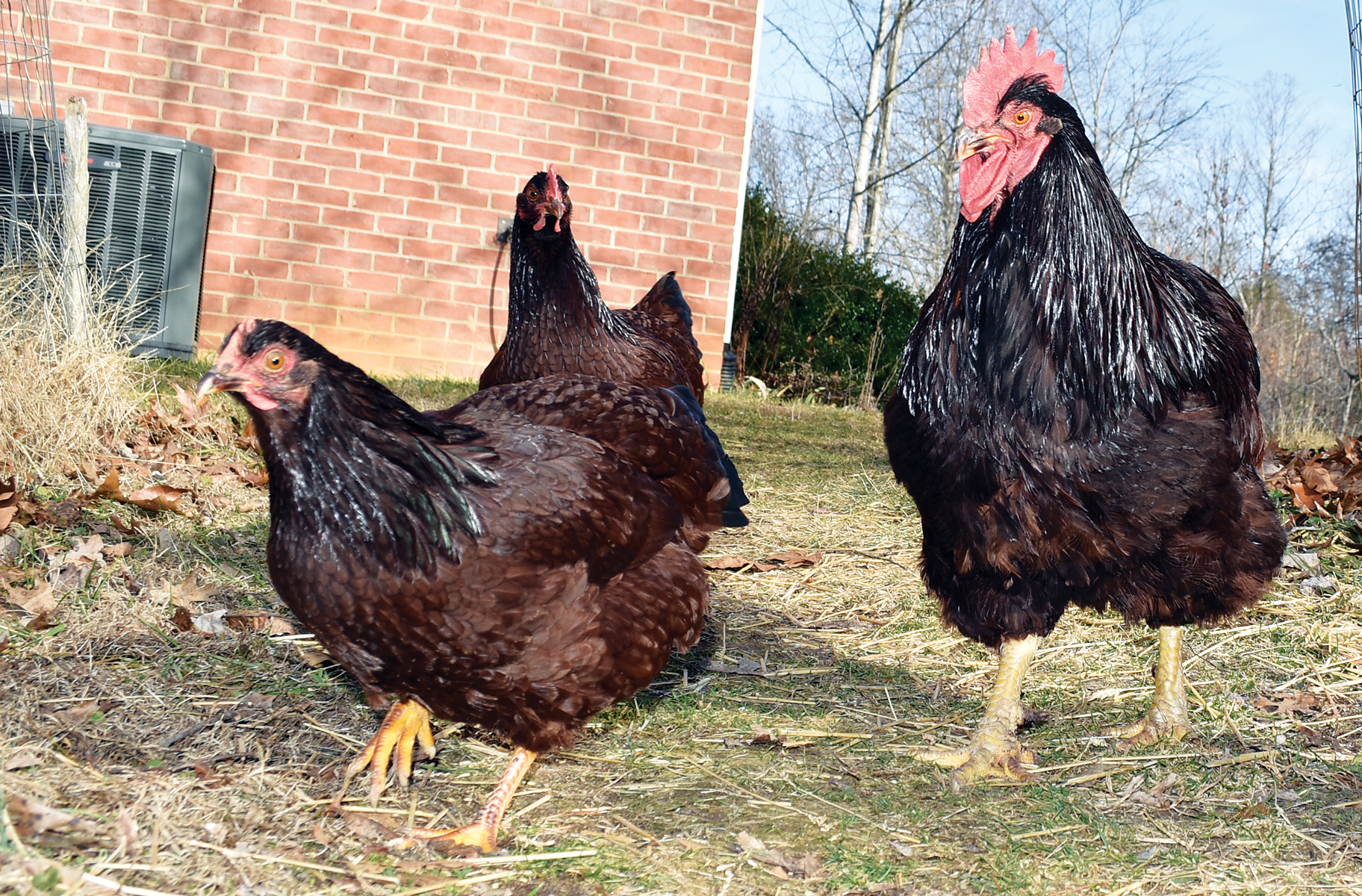The speed and methods by which farmers transact business today are much different than in the past. Instant communication with dealers, retailers, and salespeople mean business can be transacted nearly anytime, from anywhere.
But how do you know that what you’ve agreed to is binding and that you have protection in case something goes wrong? John Schwarz, a farmer and agricultural law attorney in Indiana, answers some common questions that might arise when entering into a contract.
How can farmers protect themselves?
The speed and methods by which farmers transact business today are much different than in the past. Instant communication with dealers, retailers, and salespeople means business can be transacted nearly anytime, from anywhere.
But how do you know that what you’ve agreed to is binding and that you have protection in case something goes wrong? John Schwarz, a farmer and agricultural law attorney in Indiana, answers some common questions that might arise when entering into a contract.
What makes a contract?
“In the first year of law school, a person learns that a contract is made up of two parts,” Schwarz says. “There is an offer and an acceptance. You make an offer to buy my truck, and I agree to sell you my truck for that stated price.”
Beyond that simple definition, contracts also normally include information about what is being exchanged or achieved from the contract. In the truck example above, one person is receiving a truck and the other is receiving money.
Be careful not to confuse a purchase agreement with a purchase order. A purchase agreement, including one to trade in or buy equipment at a dealership, is considered a contract. However, according to legalzoom.com, a purchase order is not considered a contract until the seller accepts the terms of purchase in writing or by a signature, or the ordered goods are delivered.
It’s important to understand which arena of contract law your transaction falls under. Many states have adopted the Uniform Commercial Code (UCC) that deals with contracts between merchants, and some states consider farmers as merchants under the code, he says. In other cases, contracts would fall under state law. Grain contracts are generally governed by the National Grain and Feed Association and have their own set of legal rules.
“It really depends on who you are, who you’re buying from, and what type of product you’re dealing with in the transaction,” he says.
What counts as a contract?
There are many ways to communicate, and some of them can seem like a contract because the two parts — an offer and acceptance — are present. Schwarz weighs in on some common scenarios:
- Formal written or electronic document with signatures of both parties. Schwarz says it depends. Most contracts do need signatures from both parties, but with grain contracts, for example, you often have 24 hours to accept, decline, or propose different terms, or it’s deemed accepted. More and more states are accepting electronic signatures.
- Agreement over a text message. For example, your salesman sends a text saying he can get you fertilizer at a certain price and you reply “OK.” This can be binding. Schwarz cites an instance where use of an emoji was considered acceptance.
- Informal email conversation. This depends on what type of contract it is. Some must be in writing to satisfy what is called the statute of frauds. Contracts for the sale of land or for things that cannot be performed in less than a year must be in writing.
- Oral agreement over the phone or in person. This varies from state to state but often becomes a “he said, she said” situation. Schwarz says something as simple as an email or text message confirming the arrangement can go a long way in a dispute.
How can a contract be terminated?
Schwarz says this depends on what rules are being operated under. For example the UCC outlines a variety of circumstances under which a contract could be terminated. Some of those involve non-conforming goods or other manufacturing issues, but a common issue that comes into play is known as a demand for adequate assurance.
“Under the UCC, one party has to send a letter to the other asking for some kind of assurance that you’re not going to default,” he says. “If that assurance can’t be provided, they’re justified in canceling the contract.”
Other times, there could be a mutual mistake on the part of both parties. Another circumstance is a force majeure situation, also known as “acts of God,” like severe weather, terrorism, or a global pandemic.
“Commodity prices falling lower than expected would not normally be considered force majeure,” Schwarz says. “Unless all of a sudden ethanol was banned overnight and corn prices dropped to 99¢ a bushel, then I could argue it, but that’s just so outside the realm of where things could be expected to go. I think it would be impossible to reasonably argue that our current commodity price situation is a force majeure event.”
“No. 1, read the contract,” Schwarz says. “I know sometimes those things get long and have lots of unfamiliar terms, but if it’s a big enough deal you should consider spending a little money on an attorney.
“So many times over the last 19 years I’ve told people ‘if you just had just called me and had me look this over, I could have saved you so much time and money,’” he continues.
Schwarz says that if any terms are discussed outside of what’s within the four corners of the paper the contract is printed on, they generally are not enforceable or binding.
He also says to be wary of arbitration clauses in contracts and consider if a potential dispute is better dealt with at the courthouse.
“If you get into a dispute and have to use arbitration, you won’t have the opportunity to have a jury of your peers,” he says. “Most of the arbitrators will not come from any kind of farming background and their services can be expensive.”
Protecting your farm by creating an LLC is something Schwarz recommends.
“If something happens and you do end up getting sued, I’d sure rather have a farm LLC named than you personally,” he says. “I can’t believe how many farms out there still operate as a sole proprietorship, and that means you are personally entering into all these agreements and are personally liable.”
Nobody enters into a contract thinking about how wrong it could go, but Schwarz says taking off your optimist hat for a few minutes can be helpful.
“I know farmers are optimists, but as an attorney I get paid to worry,” he says. “Anytime you’re entering into a contract, just think about what some of the bad outcomes could be, and understand how that agreement would govern those.”





